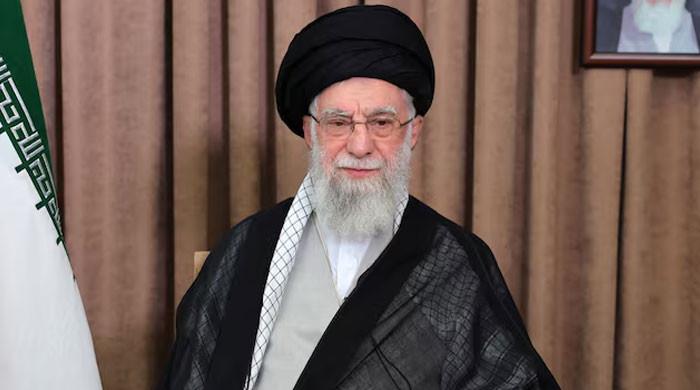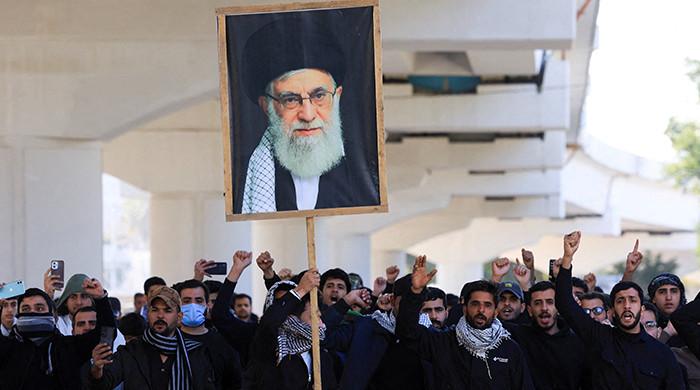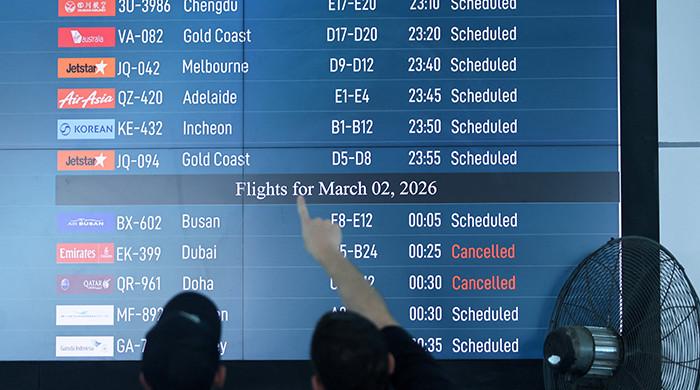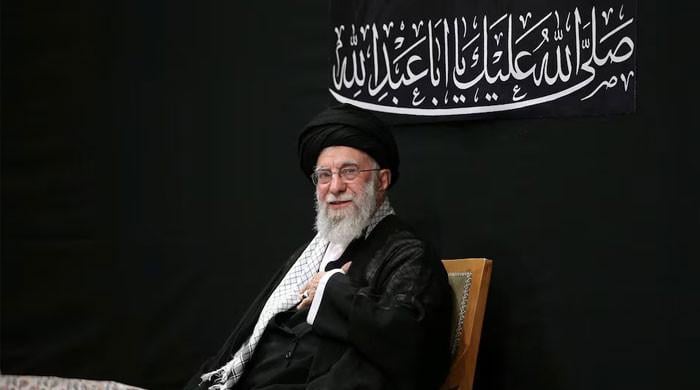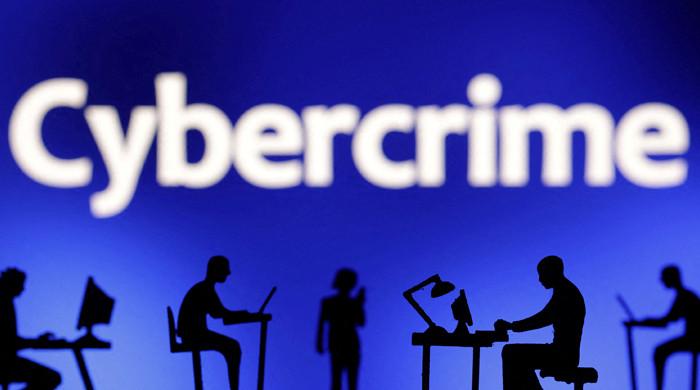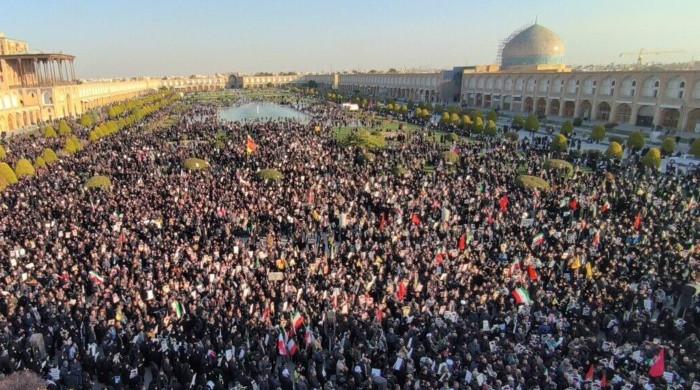Trump says no reason to meet Xi, threatens 'massive' China tariffs
US president accuses Beijing of “hostile trade tactics,” vows tough economic retaliation against China
October 10, 2025
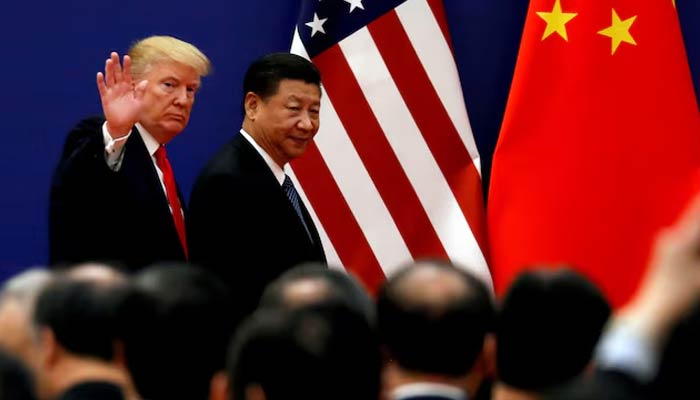
- Trump cancels planned meeting with Xi at APEC summit.
- US president warns of massive new tariffs on China.
- Markets dip as Trump reignites fears of trade war.
US President Donald Trump on Friday said he no longer feels the need for a summit with Chinese leader Xi Jinping this month, slamming Beijing for hostile trade practices and threatening "massive" tariffs.
In a lengthy and unexpected Truth Social post, Trump railed against China imposing export controls on rare earth minerals — a critical component in modern technology.
"Some very strange things are happening in China! They are becoming very hostile," Trump said in the post, which he sent as he headed for a medical check-up at a military hospital near Washington.
"I was to meet President Xi in two weeks, at APEC, in South Korea, but now there seems to be no reason to do so," he said, adding that he had also seen no reason to call Xi about the issue.
Trump added: "One of the Policies that we are calculating at this moment is a massive increase of Tariffs on Chinese products coming into the United States of America."
Wall Street stocks quickly tumbled into negative territory as Trump's tariff threatened to reignite the simmering trade war between Washington and Beijing.
As recently as last week Trump had stressed the importance of his plans to meet Xi at the Asia-Pacific Economic Cooperation (APEC) summit, which was to be their first encounter since the US president returned to power in January.
He had also said that he would travel to China next year.
But in his post on Friday, Trump said China had sent letters to countries around the world detailing export controls on "each and every element of production having to do with Rare Earths, and virtually anything else they can think of, even if it´s not manufactured in China."
'Lying in wait'
"There is no way that China should be allowed to hold the World 'captive', but that seems to have been their plan for quite some time," Trump wrote.
He accused Beijing of "lying in wait" despite what he characterized as six months of good relations, adding that he had not spoken to Xi about the matter.
Trump also questioned whether the timing of China's announcement was designed to take the shine off the Gaza ceasefire deal that he brokered this week between Israel and Hamas.
Rare earth elements are critical to manufacturing everything from smartphones and electric vehicles to military hardware and renewable energy technology. China dominates global production and processing of these materials.
Trump said other countries had contacted the United States expressing anger over China's "great Trade hostility, which came out of nowhere."
He characterised China's approach as building monopoly positions on magnets and other elements, calling it "a rather sinister and hostile move, to say the least."
"Dependent on what China says about the hostile 'order' that they have just put out, I will be forced, as President of the United States of America, to financially counter their move," he said.
Washington and Beijing engaged in a tit-for-tat tariffs war earlier this year that threatened to effectively halt trade between the world´s two largest economies.
Both sides eventually agreed to de-escalate tensions but the truce has been shaky.
Trump said last week that he would push Xi on US soybean purchases as American farmers, a key voting demographic in his 2024 election win, grapple with fallout from his trade wars.
China had said earlier Friday that it would impose "special port fees" on ships operated by and built in the United States after Washington announced charges for Chinese-linked ships in April.




